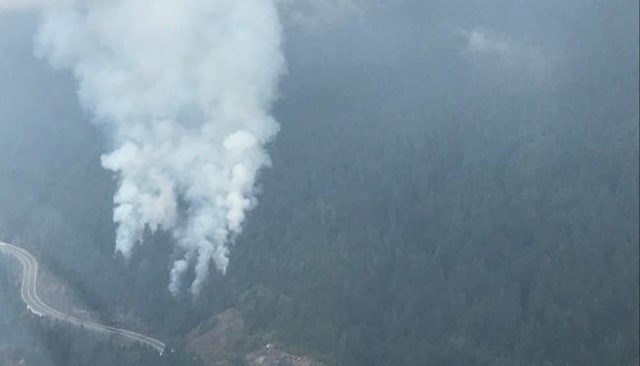Interior Health is urging residents to be ready when wildfire smoke inevitably returns.
"Wildfires are a regular part of summer in British Columbia, and with wildfires comes the potential for wildfire smoke pollution. The best way to protect your health from wildfire smoke pollution is to be prepared with ways to reduce your exposure to smoke," IH says in a press release.
The health authority offers seven steps you can take to prepare for wildfire smoke events:
- Clean indoor air is important when seeking relief from smoky skies. Purchase a portable air cleaner that uses HEPA filtration to remove smoke from indoor air.
- Many large public spaces may provide cooler and cleaner air. Know where those places are in your community. They may be libraries, community centres, shopping malls, etc.
- People with chronic conditions such as asthma, heart disease, or diabetes, as well as pregnant women, infants, and young children, are most affected by wildfire smoke. If you or your loved ones are at increased risk, work with your health-care provider to create a management plan for smoky periods.
- If you are planning an outdoor event or activity, especially with those most at risk, ensure that you have an alternate plan in case the smoke levels are unacceptable.
- If you use rescue medications, such as asthma inhalers, make sure you have a supply at home and always carry them with you during wildfire season. Have a plan to follow if your rescue medications cannot bring your condition under control.
- If you work outdoors, review WorkSafe BC resources and be aware of your occupational health and safety policies and procedures for wildfire smoke events.
- Check the Air Quality Health Index. The AQHI is a scale designed to help you understand what the air quality around you means to your health. The AQHI also provides important advice on how to protect your health during air quality levels associated with low, moderate, high, and very high health risks.
— Jon Manchester, Castanet

